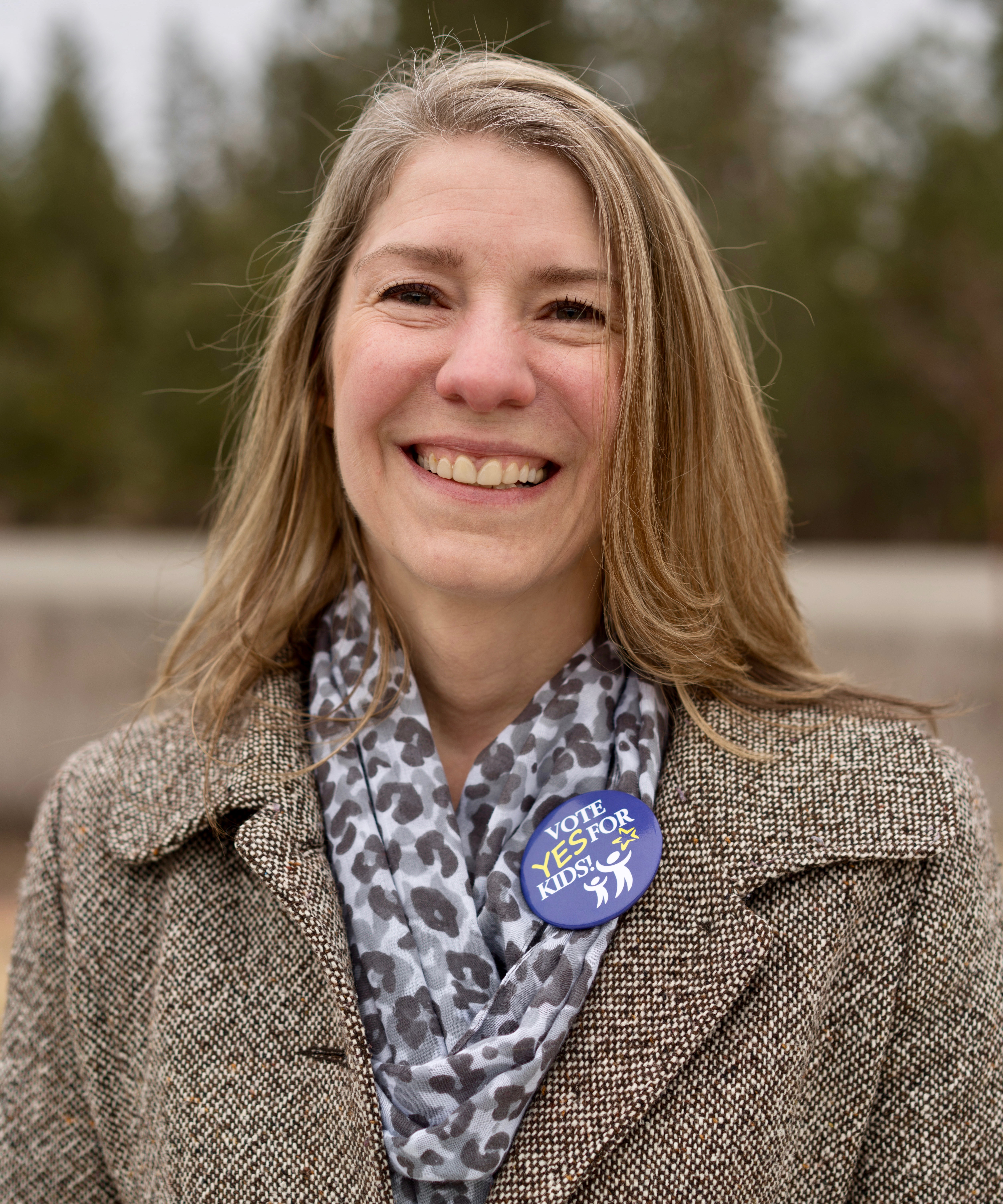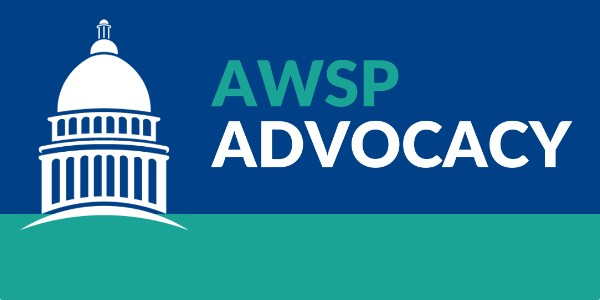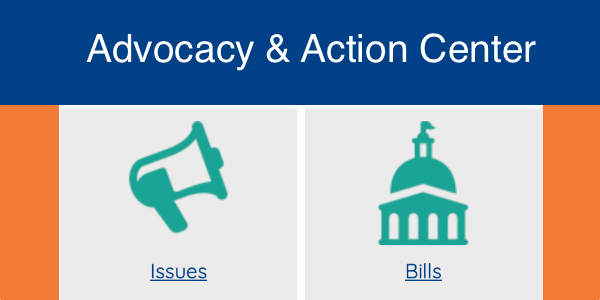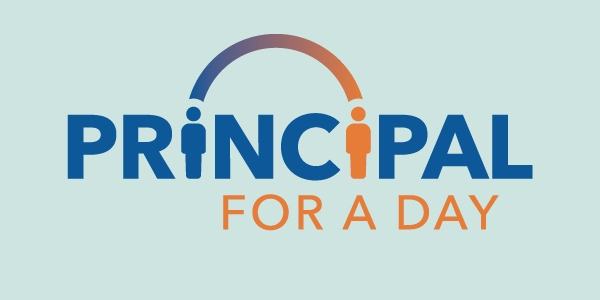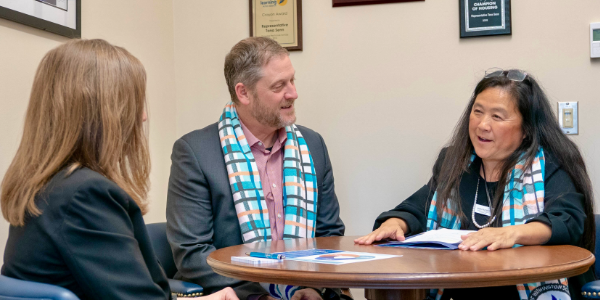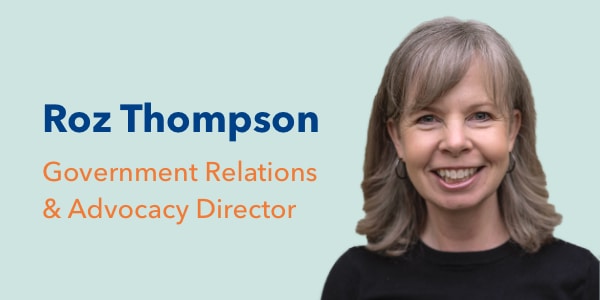The focus was definitely on fiscal committees this week as legislators work to meet the next significant cut-off date of this legislative session on Monday, February 22. By the end of that day, bills need to be passed out of the House fiscal committees and Senate Ways & Means and Transportation committees in each house of origin. Some of these committees will meet on Saturday to continue this work.
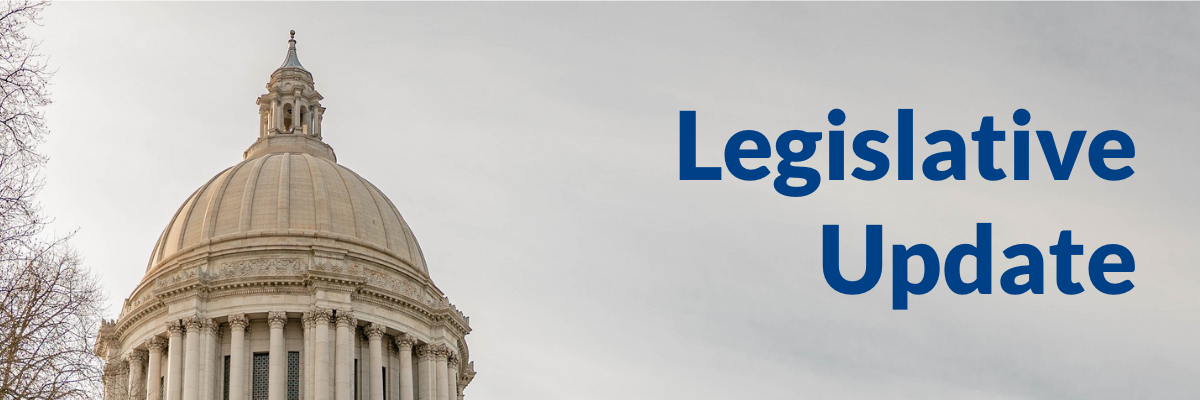
The focus was definitely on fiscal committees this week as legislators work to meet the next significant cut-off date of this legislative session on Monday, February 22. By the end of that day, bills need to be passed out of the House fiscal committees
and Senate Ways & Means and Transportation committees in each house of origin. Some of these committees will meet on Saturday to continue this work.
Advocacy Continues
Our partners at WASA, WASBO, and WSSDA will be working on Sunday this weekend when they meet in the afternoon for their annual legislative conference. District administrators, superintendents and school directors will have their virtual “week on
the hill” March 15–19. Advocacy always continues and our stories about what students and staff need to operate schools safely are critical to keep sharing with policymakers so that funding meets these needs.
We will turn our attention to some national advocacy efforts next week when NAESP holds their National Leaders Conference on February 22–24. NASSP holds their
advocacy conference on April 20–21, registration is free for either of these events. We will also meet virtually with some of our members of Congress and/or
their staff over these next few weeks to share what we have been doing in our state and to ask for their continued support for schools.
Graduation Waiver
We were thrilled that the graduation waiver bill passed the Senate this week and is headed to Governor Inslee for his signature. The next step in this process is to quickly get feedback to the State Board of Education (SBE) to help them with their rule-making
process. Provide input on key decision points (outlined in this video brief) by completing this short survey before February 25. The SBE hopes to adopt these new rules
at their March 10–11 meeting.
Budget
Work to get federal funds via HB 1368 out to school districts is ongoing and districts are required to review and update their reopening
plans for the 2020–21 school year by March 1st. Visit OSPI’s website for more information. We’ve heard
that the funds could be in districts’ hands as early as March 13. In concert with these funds, we are working to ensure that state funding for enrollment and transportation is held steady for districts for next year using 2019–20 numbers.
SB 5128 (transportation) and HB 1476 (enrollment/categorical programs) are the vehicles for the state dollars, in addition to the supplemental and operating budgets. We also continue to follow SB 5386 which would lower the voter approval threshold from 60 percent to 55 percent of voters for school districts to issue general obligation bonds as well as the Capital Budget.
COVID–19 Information
Here is additional information that the Department of Health released about efforts to expand the school testing initiative to encourage more in-person learning.
And here is the link for the new “Learn to Return Playbook” with guidance on best practices
and protocols for implementing a COVID–19 testing strategy. About 10 districts contributed to this document and they are sharing their experiences to help all of those who are working to reopen schools. We meet weekly with the Governor’s
office, Department of Health, and Labor and Industries about COVID–19 related issues and communication and if you have any questions, let me know.
Important Bills Still Moving:
House
HB 1028 | Repealing the EdTPA
HB 1113 | Concerning school attendance
HB 1121 | Emergency graduation waivers
HB 1139 | Addressing lead in drinking water
HB 1153 | Increasing language access in schools
HB 1162 | Adding a performance exhibition pathway and changing to 20 credits for graduation
HB 1176 | Concerning student fines and fees
HB 1208 | Concerning the LAP program
HB 1213 | Expanding child care and early learning programs
HB 1214 | Concerning training for and data collection of school safety staff
HB 1225 | School based health centers
HB 1266 | Concerning basic education and salary review and rebase
HB 1273 | Concerning menstrual products in schools
HB 1295 | Concerning institutional education
HB 1302 | College in the high school programs
HB 1325 | Youth behavioral health
HB 1342 | Reduced price lunch copays
HB 1356 | Prohibiting the inappropriate use of Native American names, symbols or images
HB 1363 | Secondary trauma resources for K–12 staff HB 1373 Promoting student access to information about behavioral health
resources
HB 1404 | Highly capable programs
HB 1415 | Skill center class size
HB 1419 | Adjusting experience factors for certificated instructional staff
HB 1426 | Continuing education requirements for administrators and teachers
HB 1450 | Procuring and supporting the use of appropriate computers and devices for schools
HB 1451 | ECEAP entitlement date and definition
HB 1466 | Promoting access to outdoor education
HB 1477 | National 988 system for suicide prevention
HB 1484 | Concerning the first responder building mapping information system
Senate
SB 5030 | School counseling programs
SB 5043 | School employee housing
SB 5044 | Concerning equity training and dismantling institutional racism in public schools
SB 5147 | Exploring alternative school calendars
BH 5161 | Teaching tribal history
SB 5184 | Establishing a foster care point of contact in each building
SB 5242 | Media literacy and digital citizenship
SB 5249 | Mastery-based learning
SB 5264 | Chinese American history
SB 5265 | Creating a bridge year pilot program
SB 5299 | Allowing the use of computer science credits for the purpose of a third year math or science credit
SB 5321 | Expanding access to the college bound scholarship
SB 5322 | Prohibiting SEBB and PEBB dual enrollment
SB 5327 | Creating a confidential youth safety and well-being tip line
SB 5389 | Creating teaching endorsements in computer science
More Links


